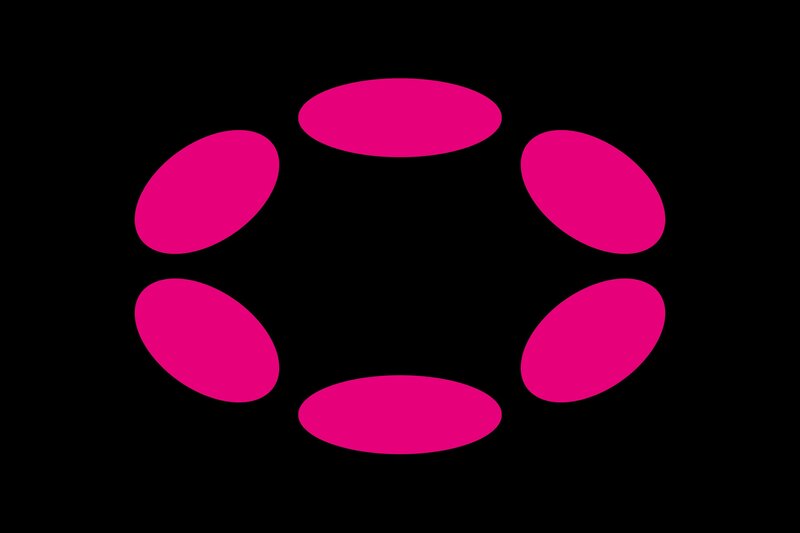Polkadot, along with its "canary" network Kusama, has taken cues from earlier platforms like Ethereum. The challenge of scaling decentralized governance is something organizations like MakerDAO have been wrestling with for a while.
Earlier this year, Polkadot streamlined its governance model to enable simultaneous voting on multiple issues, all directly managed by the community. Polkadot's OpenGov system is a major advancement in decentralized governance, giving DOT holders full control over the network without any central authority.
In a decentralized network like Polkadot, resilience against corruption and disruption is key. The absence of a single controlling entity ensures that no individual or group can dominate other community members or interfere with the network's underlying technology.
Moreover, Polkadot's OpenGov system enables community-driven decision-making on matters like runtime upgrades and treasury allocations. Any DOT holder can propose changes or ideas directly on-chain, beginning with gathering community feedback through discussions..
Proposals are then categorized into different tracks, such as infrastructure deployments, security measures, marketing initiatives, and events. Each track follows its own timeline for decision-making, confirmation, and implementation.
The voting process operates on a "1 DOT = 1 vote" basis. During the decision period, DOT holders can vote "Aye" or "Nay" with or without conviction. Those who lack time or expertise to review all proposals can delegate their votes to trusted community members.
Platforms like Polkadot's governance interface, SubSquare, Talisman, and Subwallet provide avenues for voting, delegating, and browsing proposals. Additionally, Nova Wallet offers a built-in governance user interface for these activities.
That said, Polkadot’s governance has rapidly matured since the launch of OpenGov in 2022, moving from theory to practice with hundreds of community-led referenda.
Polkadot's treasury, currently valued at around €300 million, is allocated for various projects across different spending categories. The community can vote on proposals over 7 to 28 days, depending on their complexity and importance. The recent "Decentralized Voices" initiative balances voting power by giving more influence to active community members.
